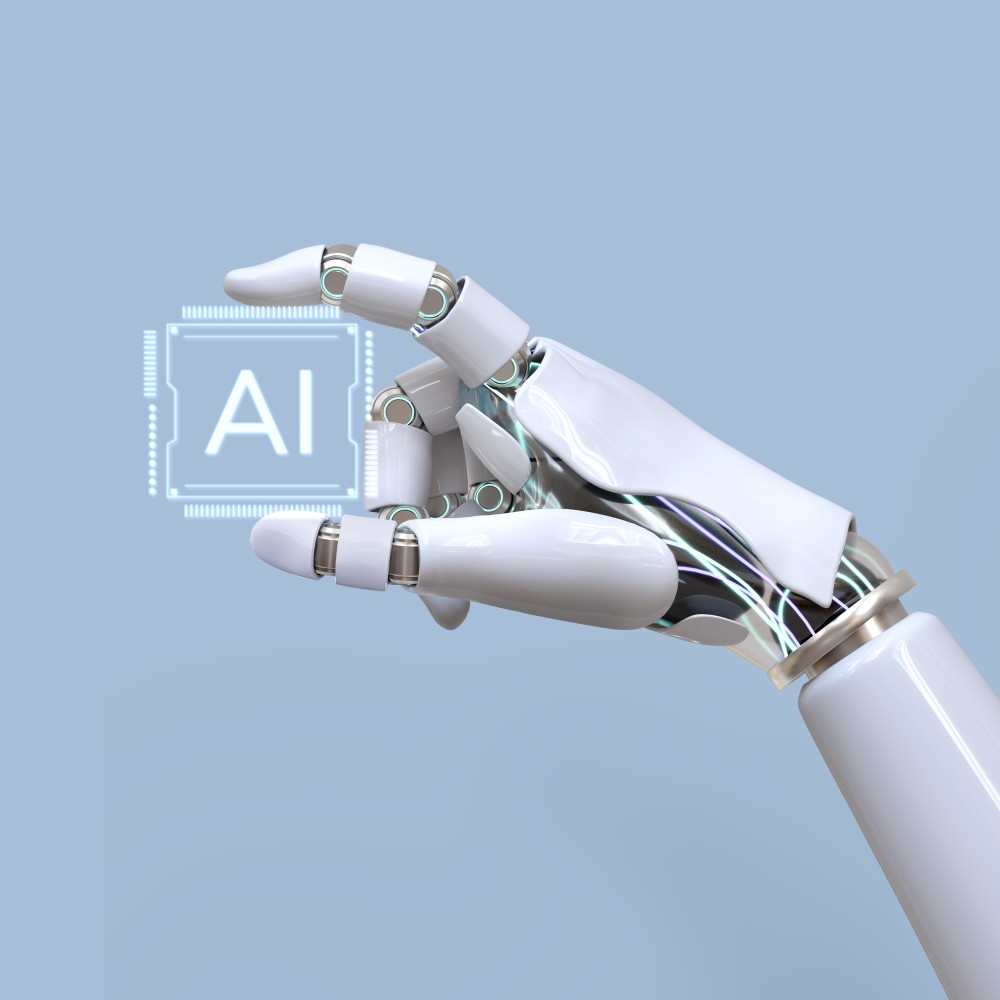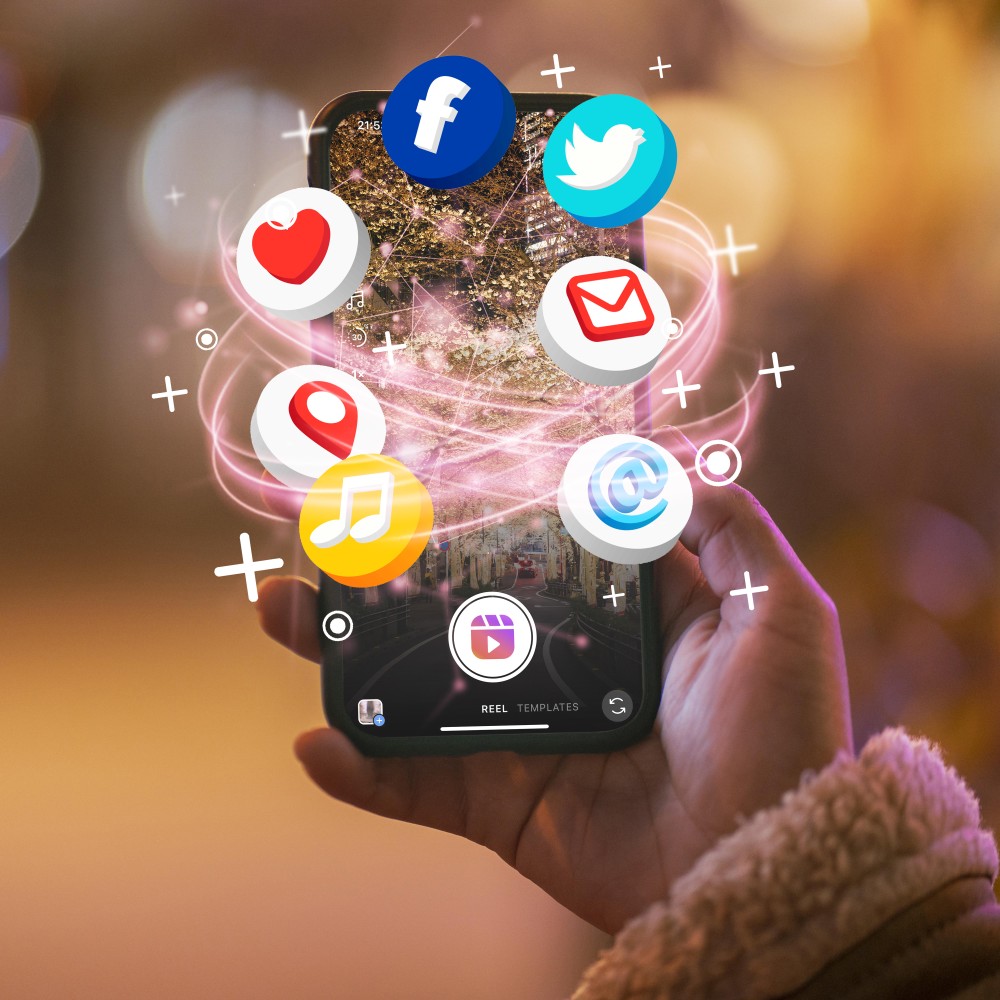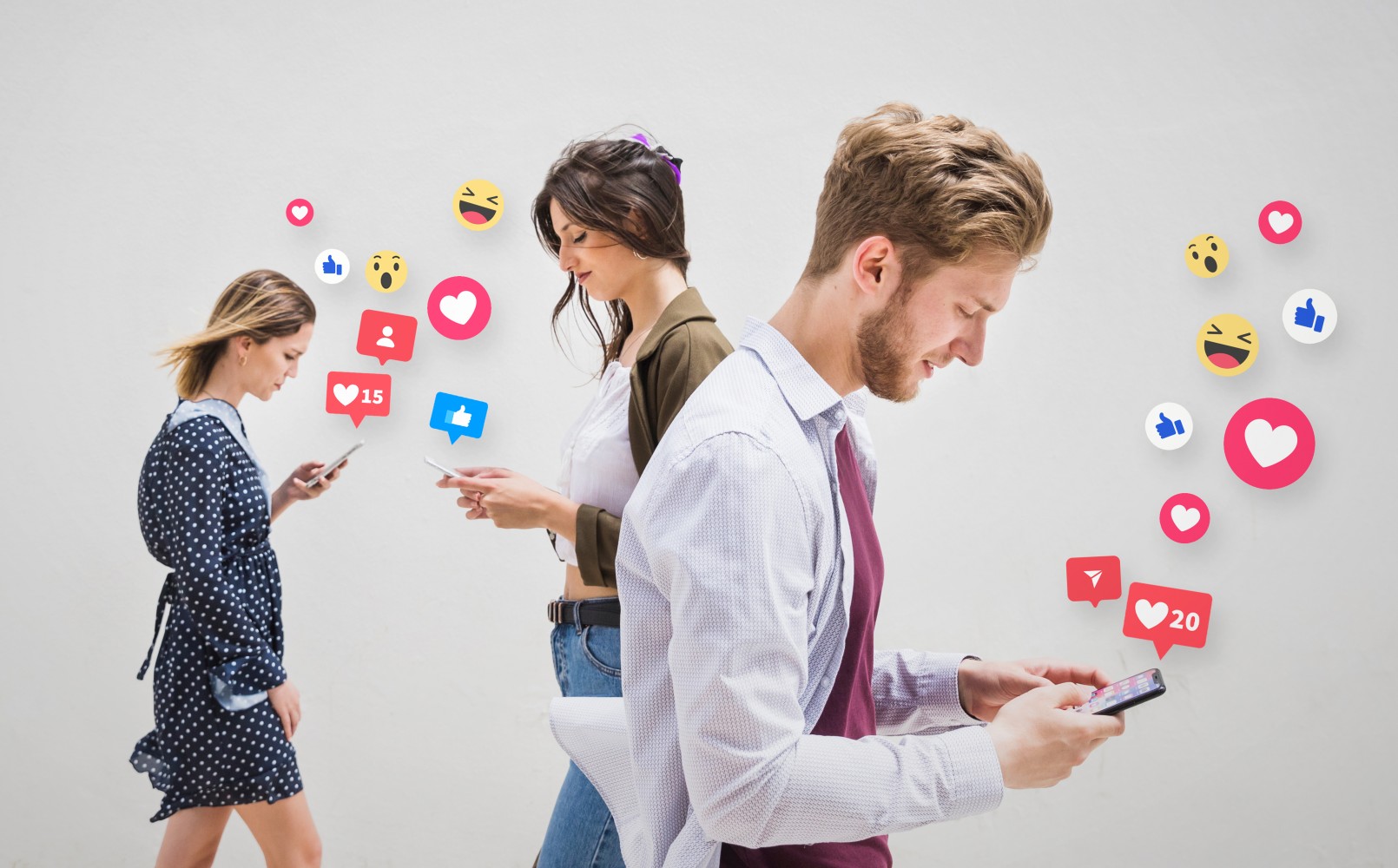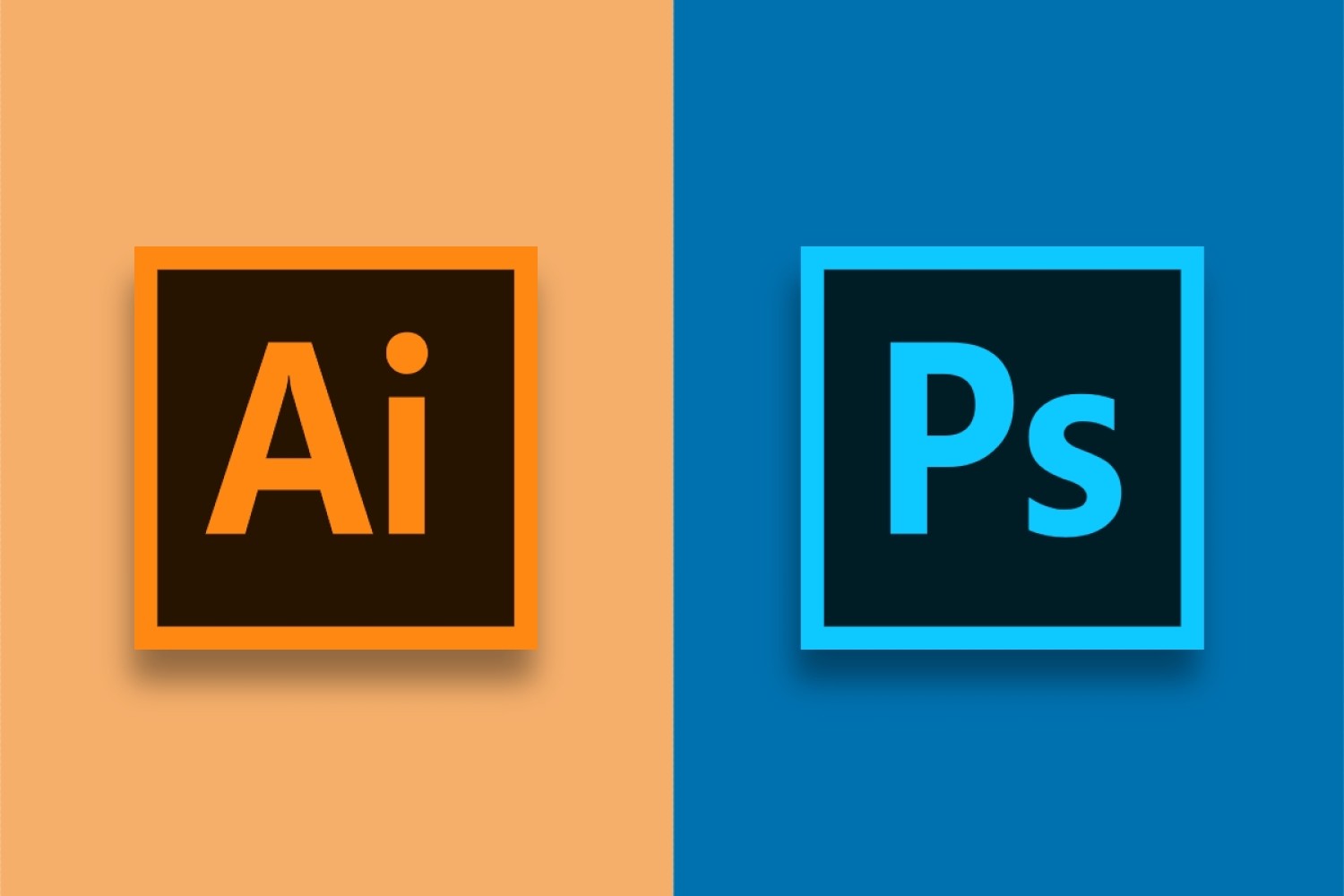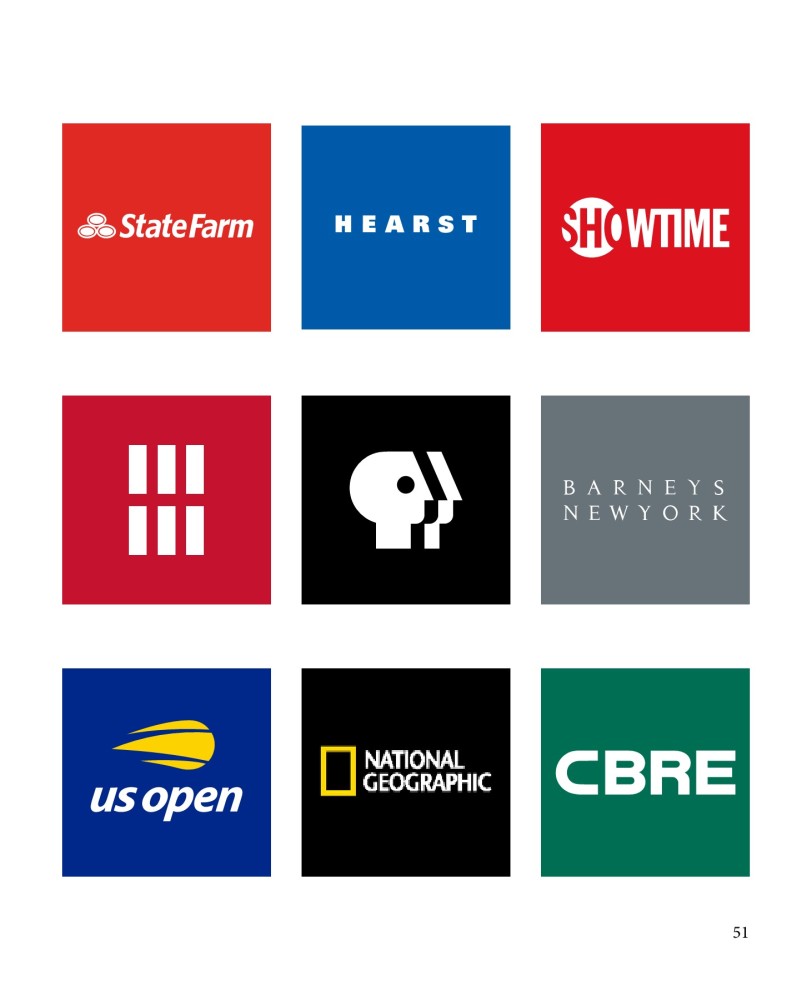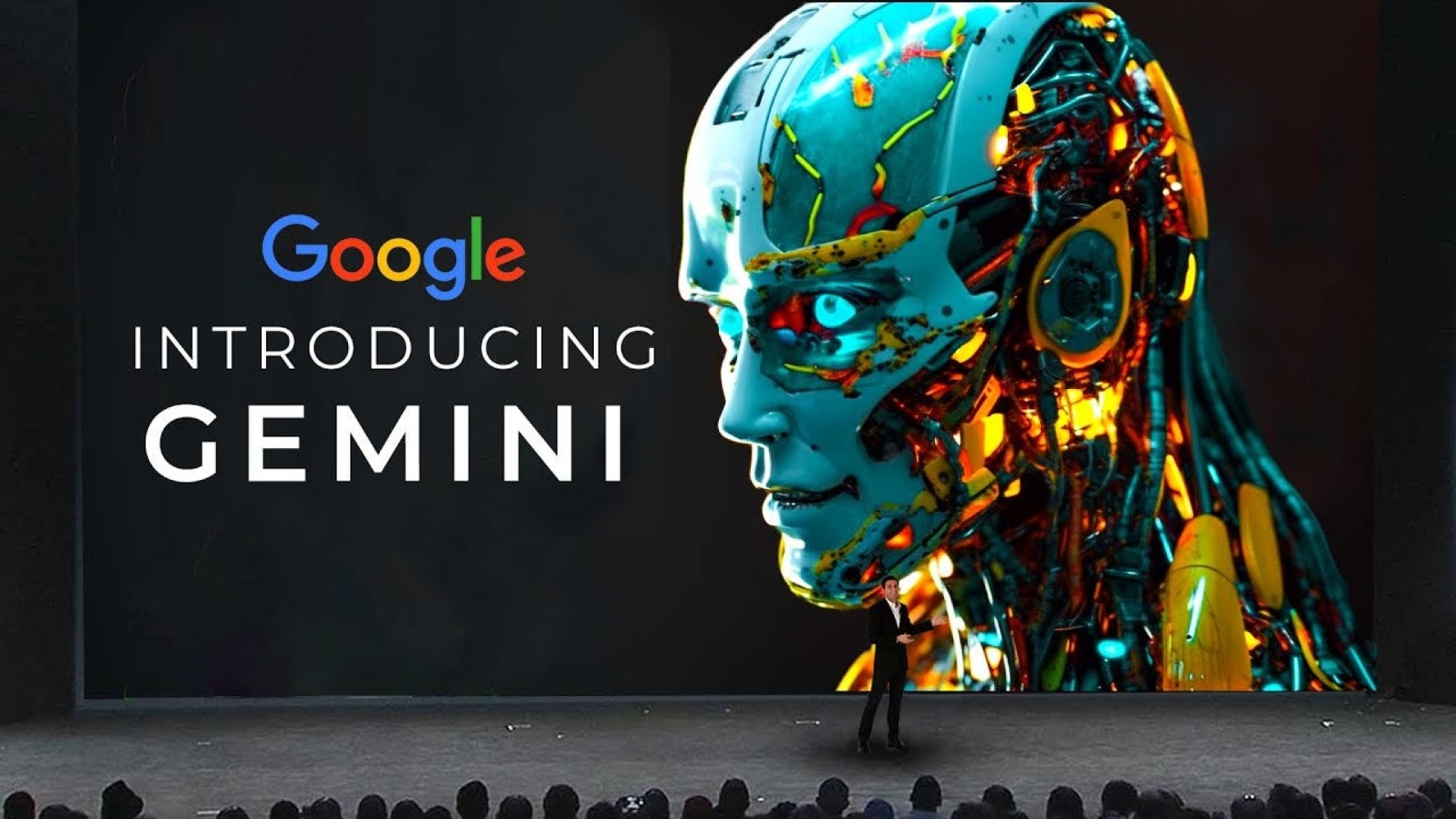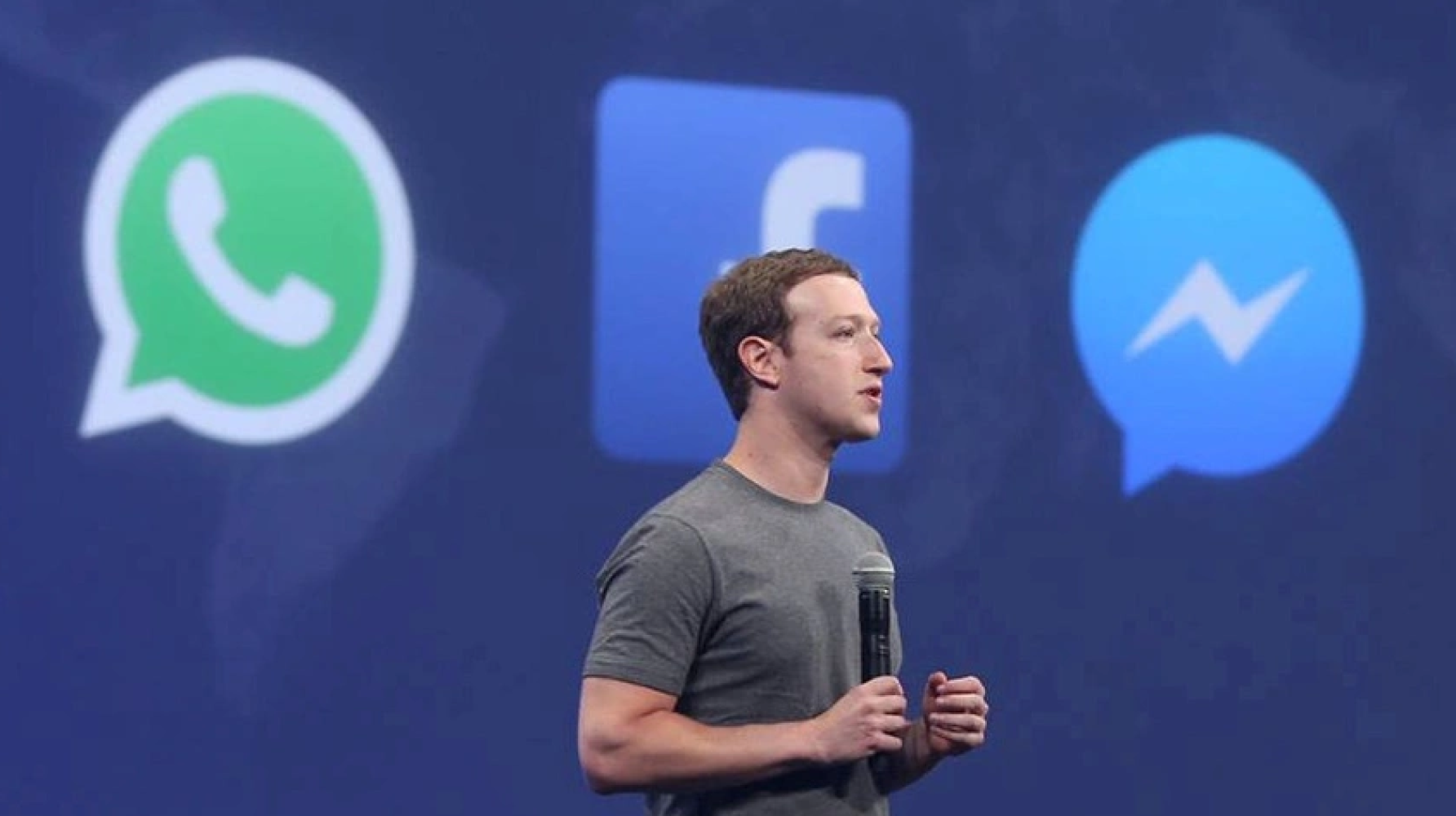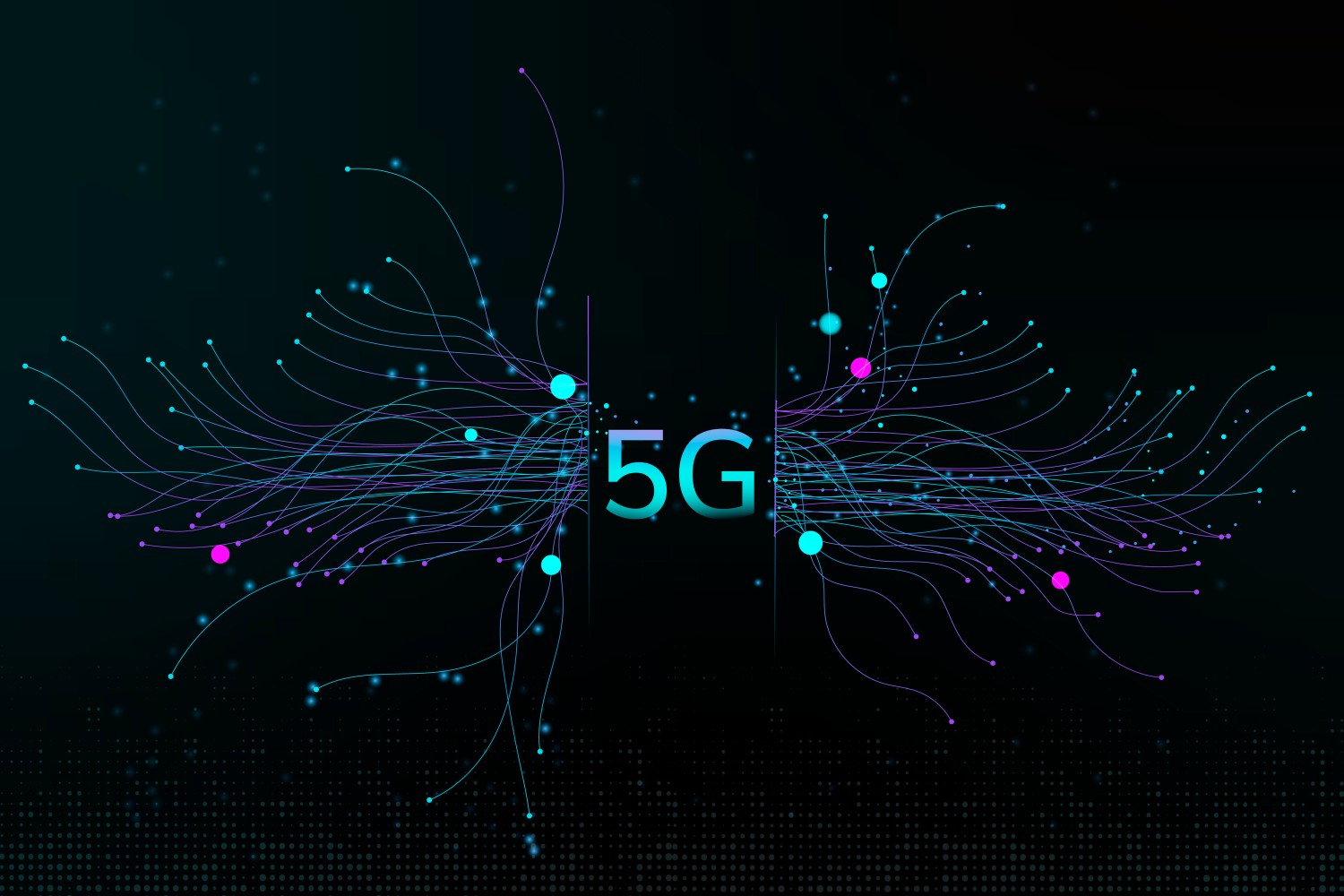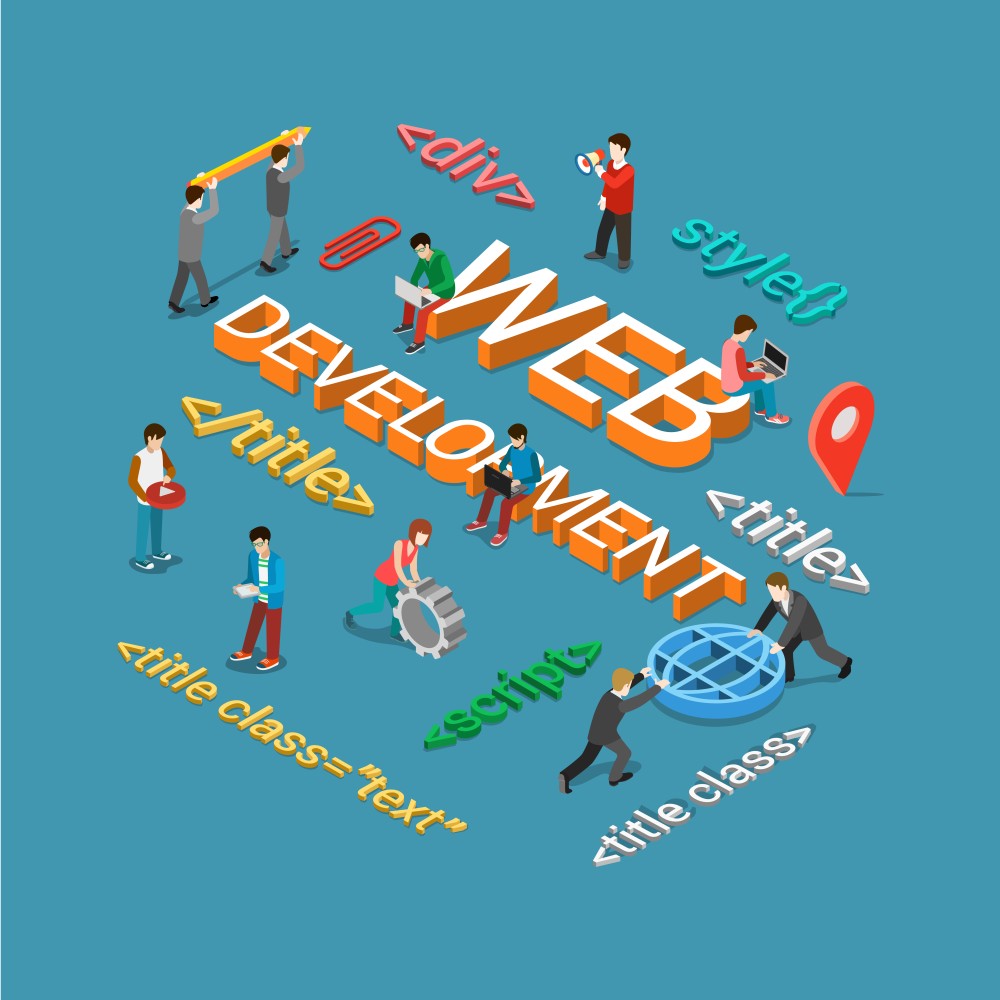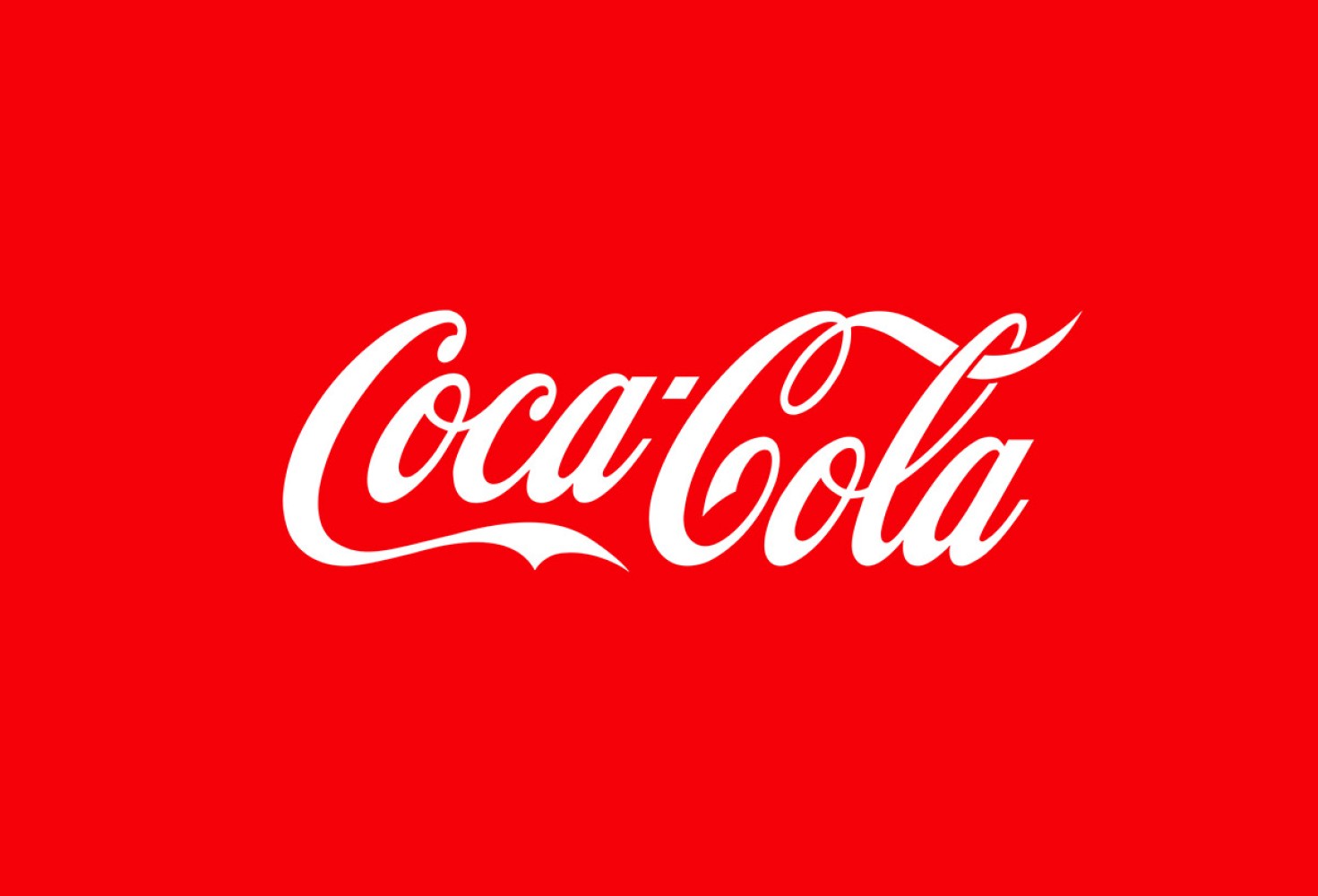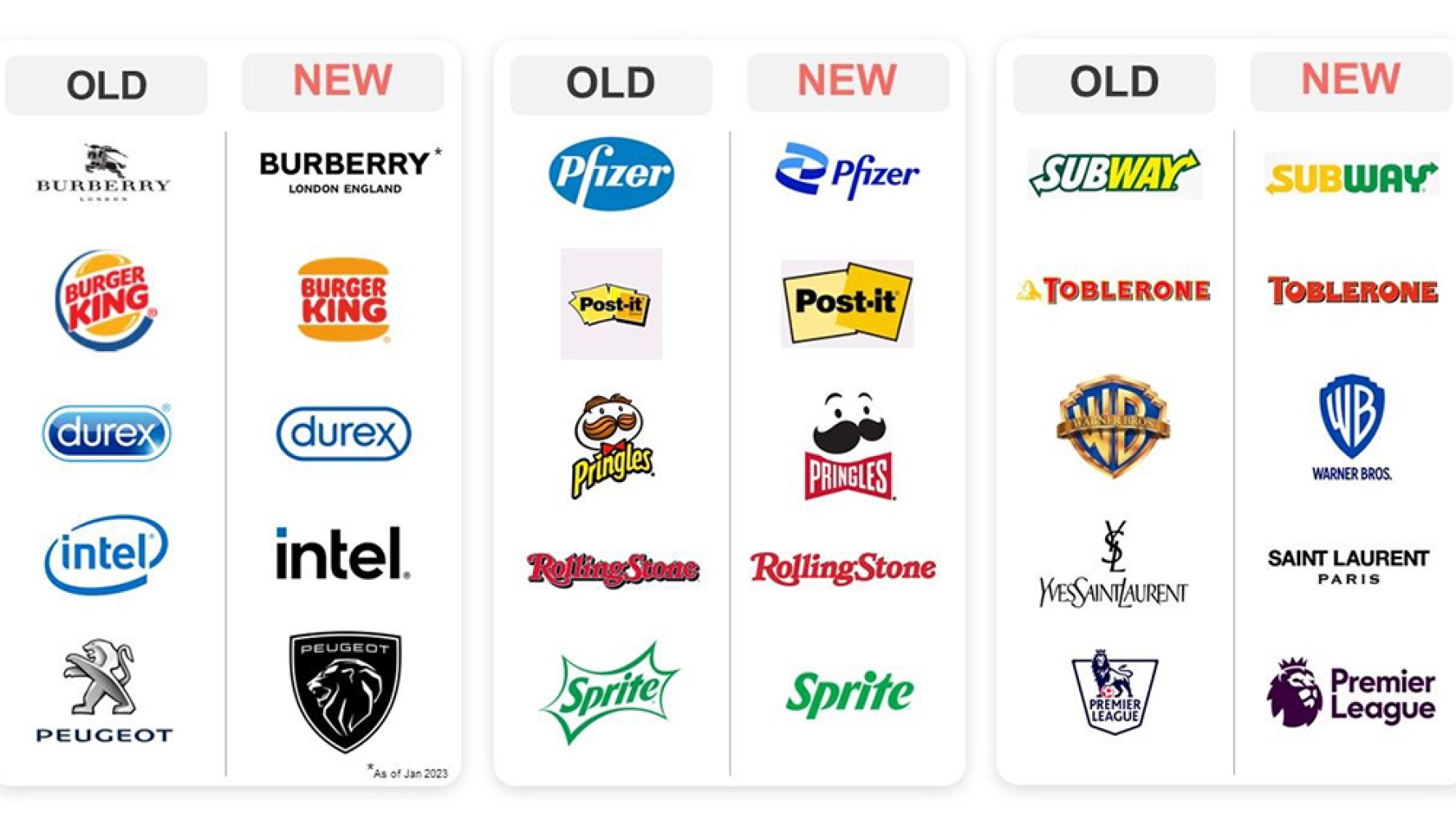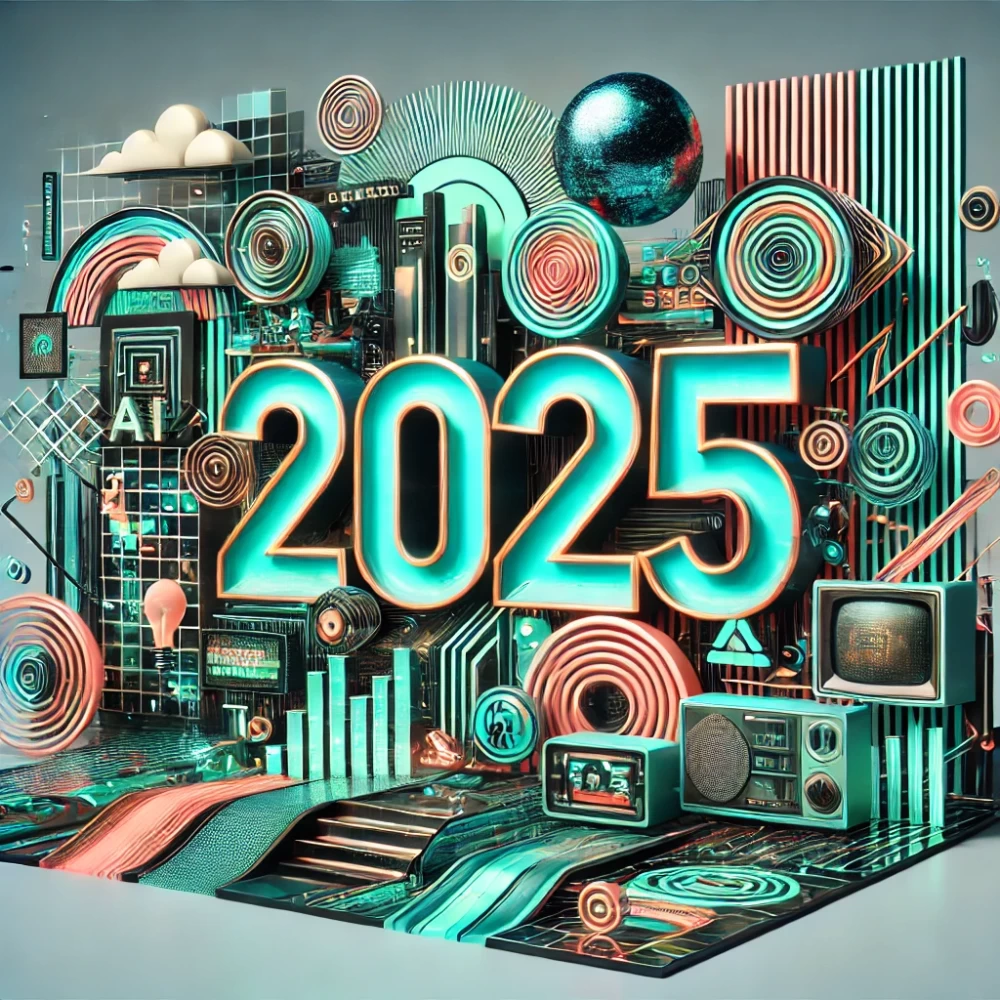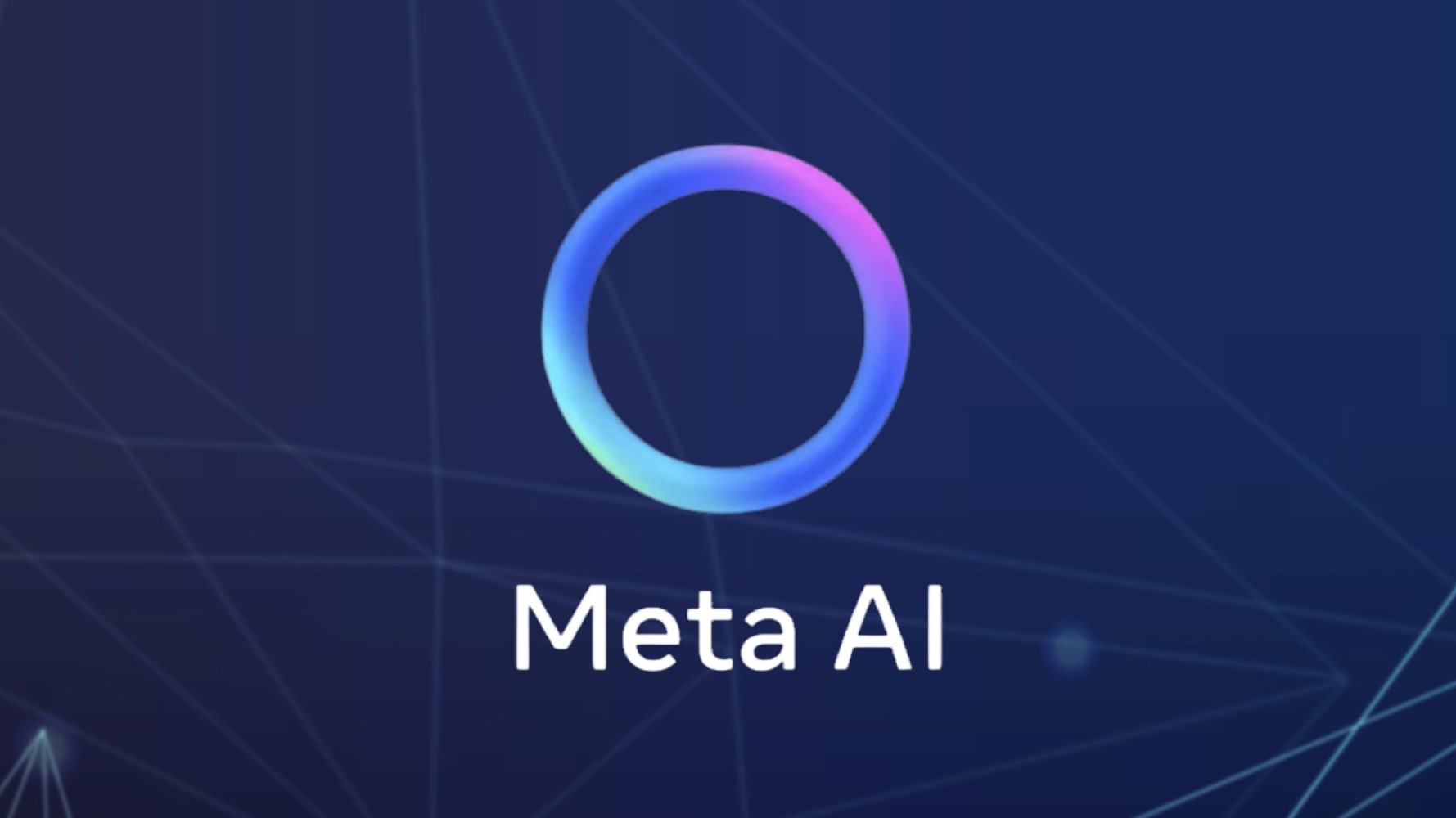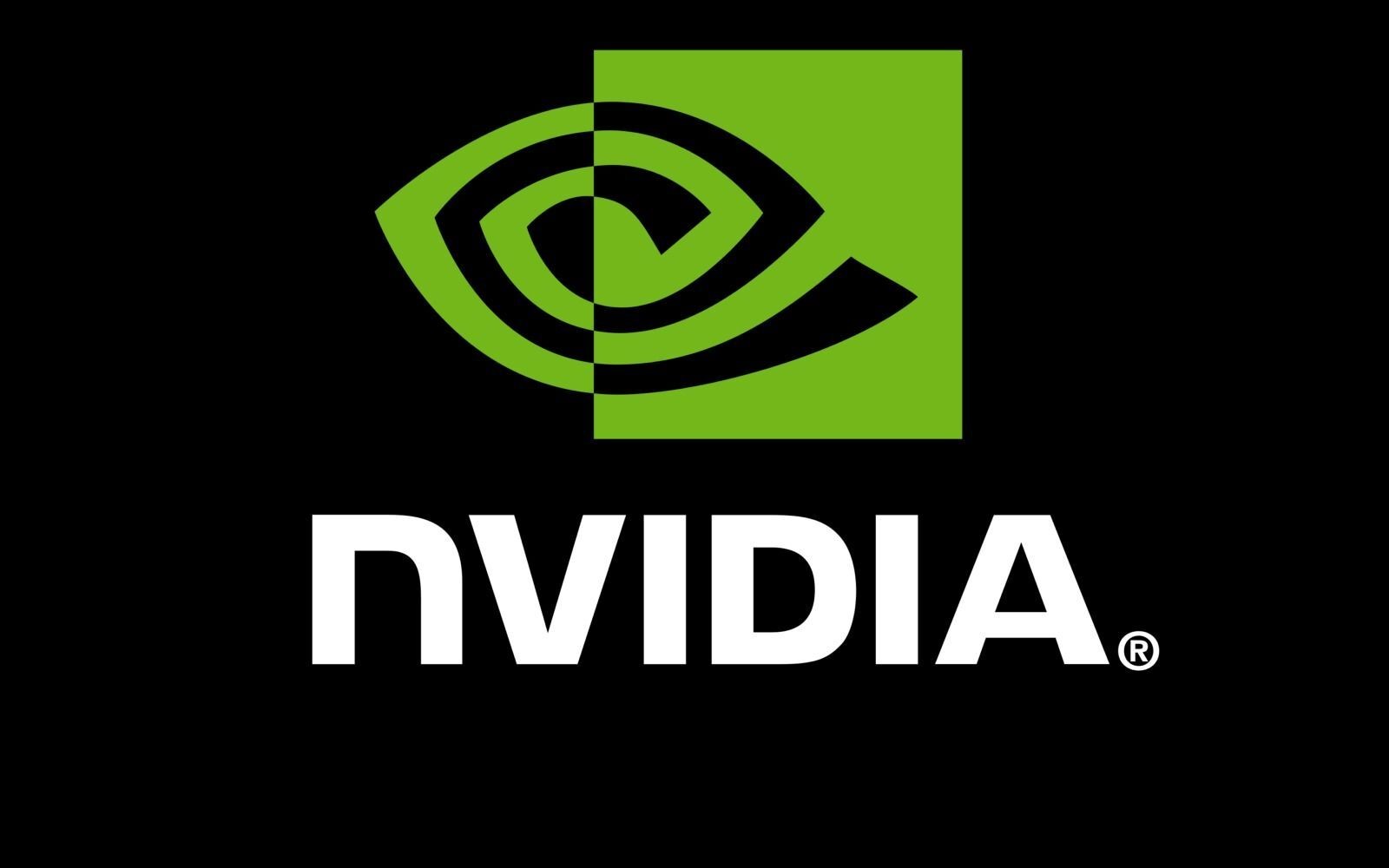A recent study by Price Waterhouse Cooper (PwC) estimates that by 2030, artificial intelligence (AI) will generate more than USD 15 trillion for the global economy and boost local economies by as much as 26%. (1) But what about AI’s potential specifically in the field of marketing?
From customized content creation to task automation and data analysis, AI has seemingly endless applications when it comes to marketing, but also some potential risks. Here are some key definitions, benefits, use cases and finally a step-by-step guide for integrating AI into your next marketing campaign.
What is AI marketing?
AI marketing is the process of using AI capabilities like data collection, data-driven analysis, natural language processing (NLP) and machine learning (ML) to deliver customer insights and automate critical marketing decisions. Today, AI technologies are being used more widely than ever to generate content, improve customer experiences and deliver more accurate results. Before choosing an AI tool, organizations should fully explore the different types of AI marketing applications available and look at how they’re being used by other businesses.
AI in marketing use cases
Examples of AI in marketing abound as more and more organizations look to it to help them improve everything from their social media posts to their email marketing and content marketing efforts. Here are some examples of ways enterprises are increasing their use of AI to help them achieve marketing goals.
- Content generation: The recent launch of OpenAI’s generative AI platform ChatGPT in November of 2022 has prompted a flood of new use cases for AI. AI used for content generation can save marketing teams time and money by creating blogs, marketing messages, copywriting materials, emails, subject lines, subtitles for videos, website copy and many other kinds of content aimed at a target audience.
- Audience segmentation: AI helps businesses intelligently and efficiently divide up their customers by various traits, interests and behaviors, leading to enhanced targeting and more effective marketing campaigns that result in stronger customer engagement and improved ROI.
- Customer service chatbots: Increasingly, marketers are exploring the possibilities of enabling AI chatbots to enhance certain aspects of customer service. Once trained, these bots can interact with customers no matter where they are on their customer journey, help resolve tickets quickly and effectively and increase customer satisfaction.
- Programmatic advertising: Programmatic advertising is the automation of the purchasing and placement of ads on websites and applications. AI has significantly enhanced organizations’ abilities to conduct programmatic advertising using customer history, preferences and context to deliver more relevant ads with higher conversion rates.
- Search engine optimization (SEO): Deploying an AI solution to enhance search engine optimization (SEO) helps marketers increase page rankings and develop more sound strategies. AI can help marketers create and optimize content to meet the new standards.
- E-commerce: AI is helping businesses improve their e-commerce programs and digital marketing capabilities by giving them a more nuanced understanding of their customer’s needs and buying habits, automating tasks and simplifying workflows.


